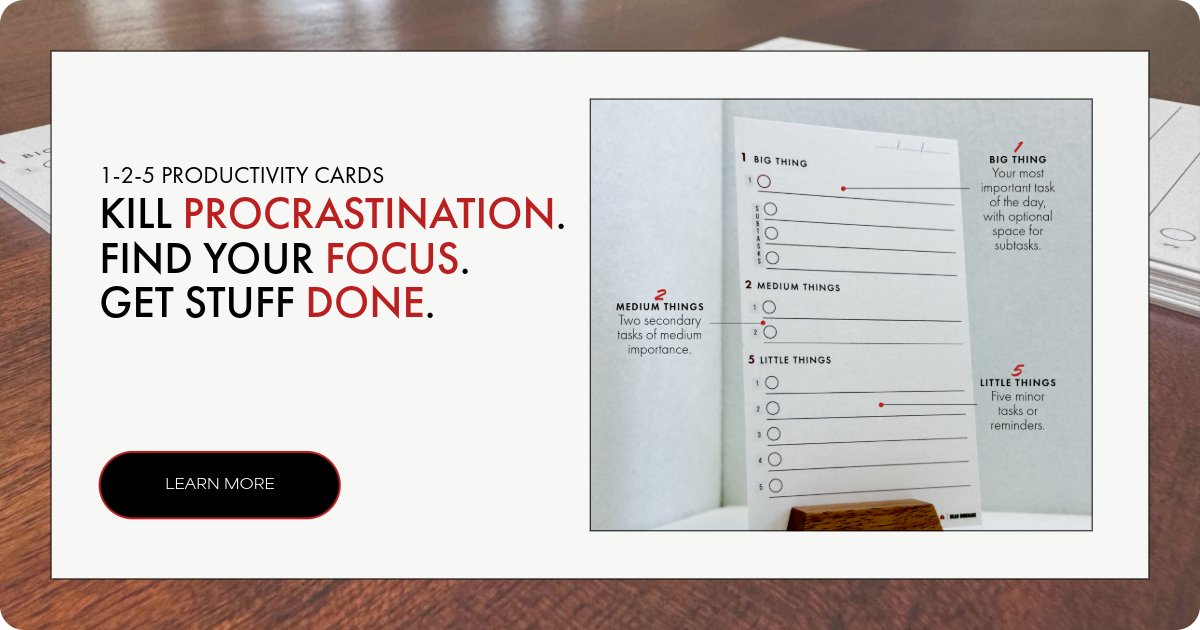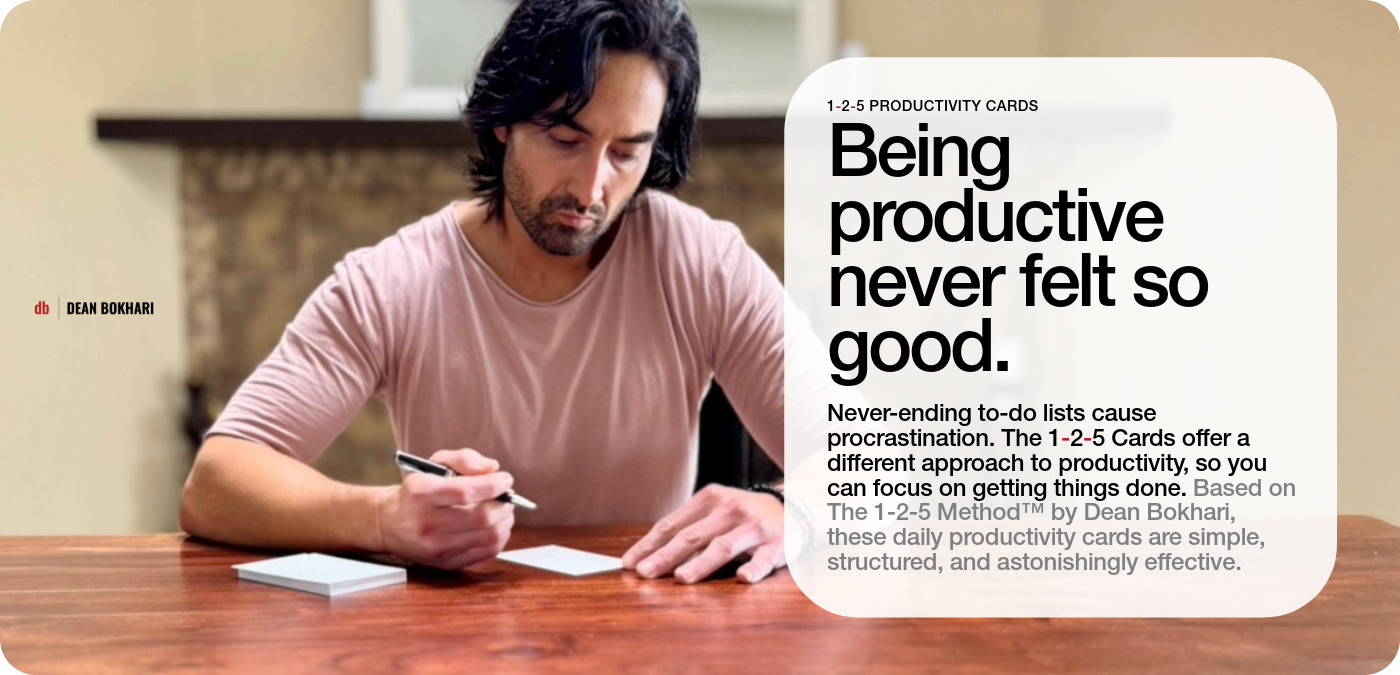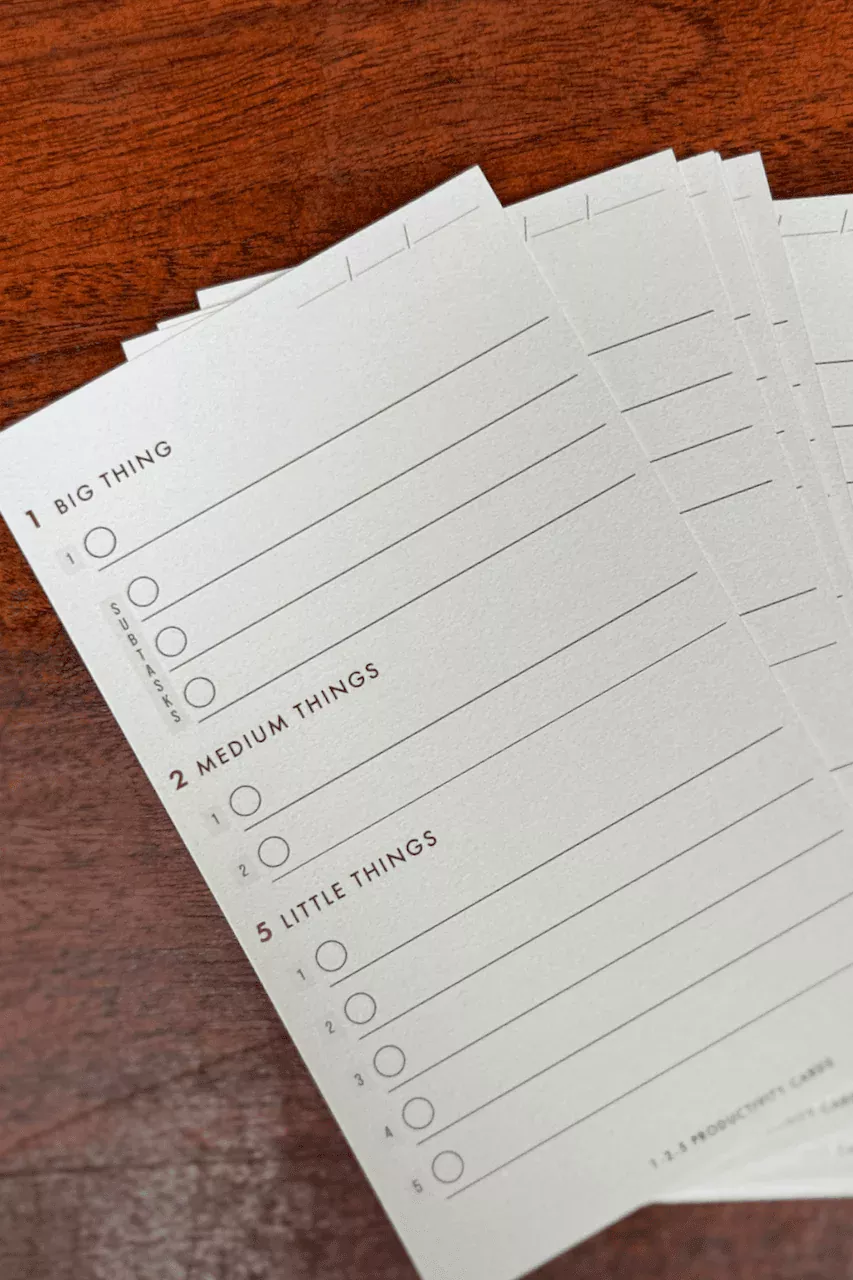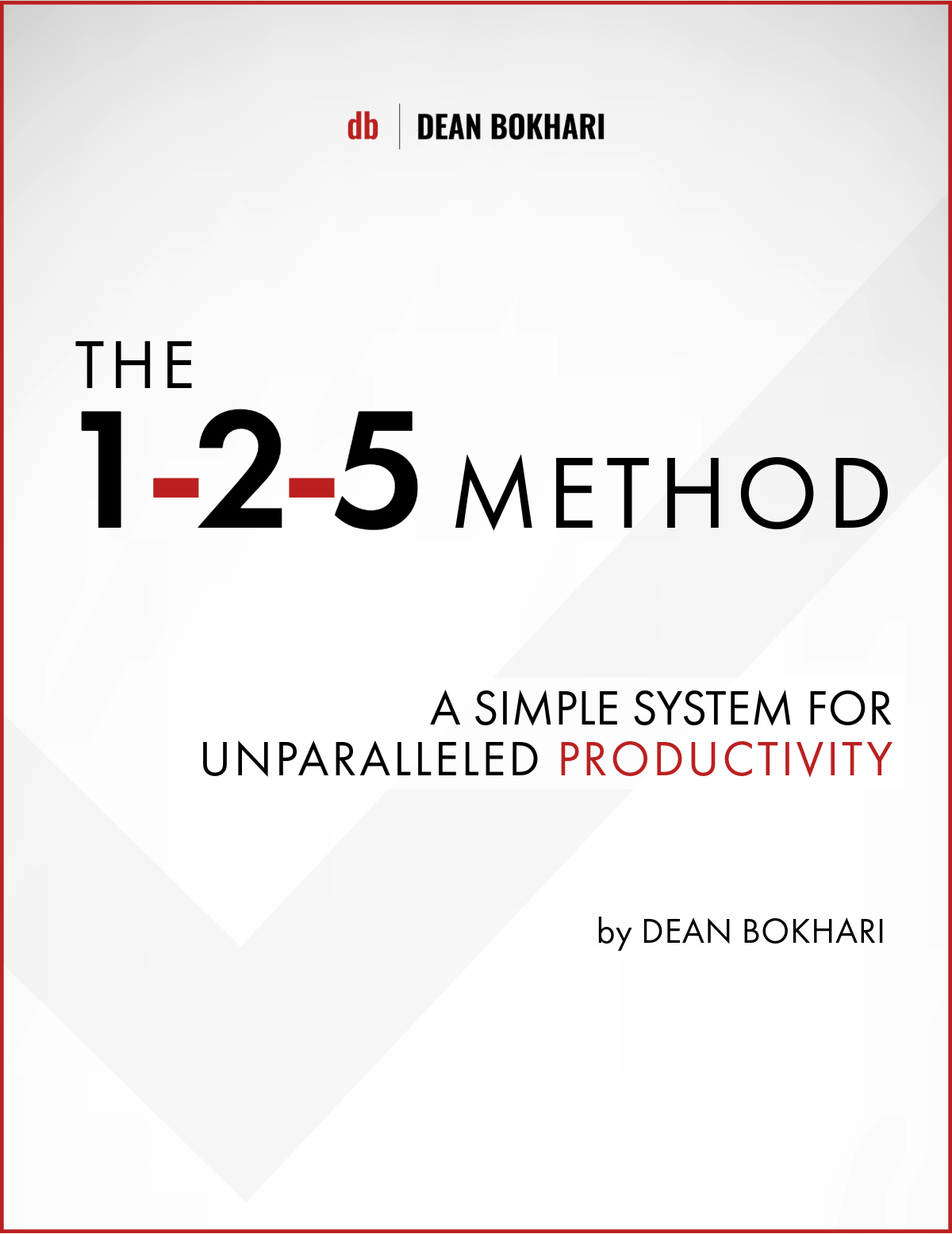Analysis Paralysis and Emotions: Why It’s Important to Feel Emotions Instead of Analyzing Them
Contributed by Beth Rush
Analysis paralysis impacts your emotions and ultimately leaves you unable to make decisions. It leaves you overthinking your options instead of taking action. It’s essential to feel your feelings rather than overanalyze them.
When you allow yourself to feel, you can establish power over what’s bothering you and live with what you’re feeling rather than constantly battling yourself. You can learn how to feel emotions and how to overcome analysis paralysis. Let’s explore some suggestions for how to do just that.
What Is Analysis Paralysis?
Analysis paralysis is when you become paralyzed by trying to rationalize your emotions and devise a solution to them. You weigh your options carefully and try to fix your feelings rather than deal with them. Considering your choices when making a decision is standard.
However, becoming overwhelmed with potential solutions to the point that you cannot make a decision is where paralysis comes into play. When you don’t accept and process your emotions, you try to eliminate them and create more problems for yourself. Embracing what you’re feeling isn’t about changing your feelings or fixing them – it’s about accepting them.
Feeling Promotes Healing
Feeling your emotions is the only way to heal from them. Uncover and accept what you’re feeling by asking yourself questions like, “What am I trying to avoid?” or “Why am I feeling this way?” without actively seeking a solution.
What are you anxious about? Learn to sit with your emotions and accept that they may never change and that’s OK. Fight the urge to fix what you are feeling and allow yourself to just feel without judgment.
Anxiety and analysis paralysis can prompt you to overindulge to get your mind off things. Avoid self-medicating to lessen overthinking, like drinking alcohol or overeating, which can make you feel worse in the long run. They might help you at the moment, but they are not a solution to the emotions you are feeling.
Not to mention: The adverse side effects of drinking, like dehydration, social embarrassment, and increased anxiety, which can cause more analysis paralysis and put you right back where you started.
How to Overcome Analysis Paralysis
Your emotions can manifest in myriad ways.
Adverse feelings can cause harmful effects on your daily life, your behavior,
and your overall health.
To overcome being paralyzed by analyzing your emotions, you must learn how to feel your feelings instead of studying them. There are a few ways you can do that.
Identify Your Emotions
Recognize what you are feeling and try to stop the cycle from continuing. When you are stuck in a loop of possibilities that seems endless and equally probable and can’t find your way to a solution, recognize what’s happening. You could take a break from the decision for a few days, but you must force yourself to come back to it and decide on a solution.
Explore some of the reasons why this could be happening to you. Are you haunted by a decision you made that went awry? How can you come to terms with that decision and then let it go so you can move forward?
Trust Your Gut
Your instincts are there for a reason – let them guide you. Humans undoubtedly make mistakes, but you have an innate ability to know what is right for you. When you catch yourself overthinking, accept your discomfort and use it to your advantage by trusting your instincts.
View every potential outcome of a decision as a learning opportunity you can use to become more self-aware and educate yourself for the future. Learn how to feel emotions and let them guide you to the path of least resistance. When you trust yourself and how you think – it’s unique to you! – you can learn how to overcome analysis paralysis and be the better version of yourself.
Confide in Someone
Talking to someone can help you learn how to overcome analysis paralysis by allowing you to decompress and process your emotions. When you allow yourself to get everything out in the open, you are vulnerable, so many people prefer to suffer in silence.
Being vulnerable and learning how to overcome analysis paralysis demonstrates strength and resilience to what the world throws at you. You are not weak for wanting to feel better and better about yourself – quite the opposite.
Mindfulness Exercises
Mindfulness exercises like meditation and yoga can help you decompress and find your center amidst the chaos. Too many emotions can be overwhelming, so you deal with what you can and return to the others until you prepare to process them.
Meditation can provide numerous exercises to calm your mind and organize your thoughts. When you don’t know how to feel emotions, being mindful can help you uncover suppressed or repressed feelings and bring them to the surface. Once you understand the feelings, you can begin to process and deal with them.
How to Feel Emotions Instead of Analyzing Them
When you investigate why you feel a certain way, it can be second nature to try to solve the problem – but don’t. Instead, try to train yourself in how to handle your emotions rather than trying to analyze or rationalize them.
The reason you feel that way isn’t as important as how you can process and move forward with your life, and you can’t move forward until you acknowledge your feelings. They are valid, no matter what they are. Be kind to yourself and feel your emotions without judgment.
by Beth Rush • Managing Editor at Body+Mind
✨ New Series: How to Become an Early Riser
- Discover key methods to make early rising a habit
- How to wake up early + energized every morning
- Morning routines for health + success
Free self-development courses
👇
Tap on any of the courses below to start learning how to:
- boost your productivity (with GTD),
- get focused (with Deep Work),
- or learn the art of influencing others (with the How to Win Friends & Influence People course.)
All for free.
👇
Free life guides
👇
Best-selling Self-development courses by Dean Bokhari
Kill procrastination.
|
Get stuff done.
|
Get motivated.
|
Connect with anyone.
|
freshly pressed:
Top Audiobooks narrated by Dean Bokhari on audible | |
Book summaries
- The Power of Habit by Charles Duhigg
- 12 Rules for Life by Jordan B. Peterson
- Presence by Amy Cuddy
- Leaders Eat Last by Simon Sinek
- The ONE Thing by Gary Keller, Jay Pasan
- Deep Work by Cal Newport





































